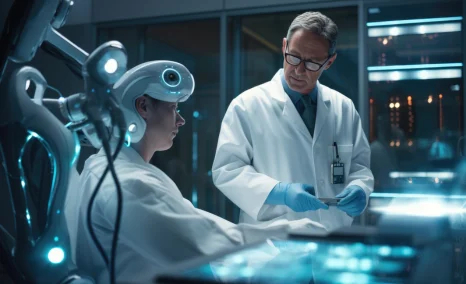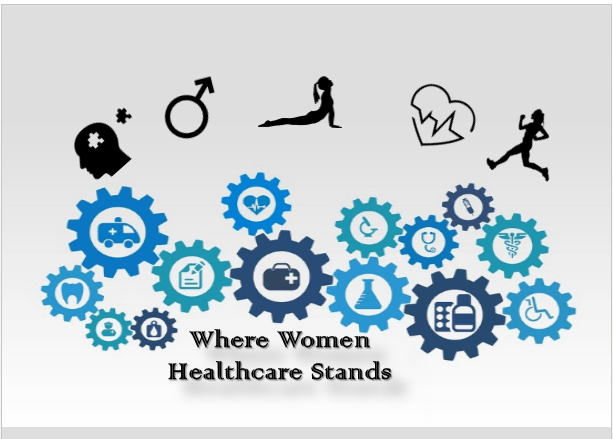Clinical trials need to assess drug efficacy before trials
Feb 08, 2017
On 17 January 2016, a healthy man was declared brain-dead after receiving an experimental drug in a first-in-human trial in France. Four of five other subjects receiving the same dose have serious, ongoing neurological complications. Investigations into the trial described many troubling safety practices, such as steep increases in dose levels delivered to sequential subjects without sufficient delays to check for safety. In the wake of the tragedies, the French medicines safety agency (ANSM) ordered an examination of the information that the drug developer, Bial, based in Trofa, Portugal, had supplied to ethics committees and potential researchers before the trial. The report notes that the 63-page Investigator Brochure describing the trial included fewer than two pages of evidence that the drug had the desired pharmacological activity. It identified only two studies presented as evidence for efficacy, both problematic. A lack of emphasis on evidence for the efficacy of drug candidates is all too common in decisions about whether an experimental medicine can be tested in humans. There is a need to call for infrastructure, resources and better methods to rigorously evaluate the clinical promise of new interventions before testing them on humans for the first time, to ensure safety from bogus medicines.
To know more, click Clinical trials and drug efficacy.
Downloads
Click Here To Get the Article in PDF
Downloads
Article in PDF




